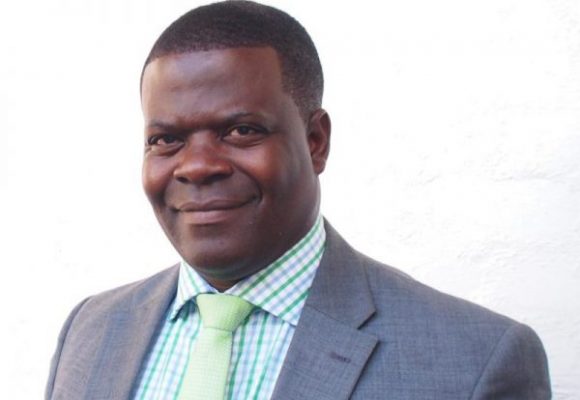Honourable Minister of Energy and Power Development fortune Chasi told Mining Zimbabwe that the Ministry is embarking on power decentralisation through the 38 solar power project so as to reduce power cuts and power imports.
Mirirai Melissa Ngoya
In an interview held on the 30th of August 2019, the Minister of Energy and Power Development gave an insight on the journey that they have embarked on, in an attempt to make Zimbabwe a nation that is capable of generating sufficient power.
Honorable Chasi said, “As of 31 July 2019, the Ministry of Energy and Power Development through the Zimbabwe Energy Regulatory Authority (ZERA), licensed 42 solar projects.”
He further highlighted that “Four (4) small grid-connected solar projects have been constructed and are already operational in generating about 8MW feeding into the grid.’’
Hon Chasi said that the 8MW excludes small rooftop and solar home systems owned by individual households and the remaining 38 projects are at various stages of project development.
The minister went on to say that feasibility studies have been done for some of these projects but the majority of promoters have also started civil works at project sites.
The Minister indicated that the progress of the large scale grid-connected to the solar project solar is moving at a slow pace because all solar projects require capital investment for equipment which is imported from outside the country.
“These projects also require land and other sectors of the economy, as such, we are looking forward to first set everything that is required at ground roots level, ” He said.
“As the energy sector we are affected by the economic conditions currently prevailing in the country, foreign currency is required to procure most of the equipment and the investors also need to be assured of currency convertibility and the repatriation of their earnings in hard currency. This is a challenge that my ministry, that of Finance and Economic Development are faced with and are addressing.”
Honorable Chasi further alluded as thus, “in order to accelerate project development in the solar sector, the government recently passed the Renewable Energy policy which will address some of the project development bottlenecks we experienced before.”
He said that the policy proposes to streamline and reduce licensing timelines. In addition, it also proposes a number of incentives such as duty-free importation of solar panels, solar equipment and lithium batteries, granting of National Project Status to solar projects tax rebates and tax holiday granting of Prescribed Asset Status to solar projects so as to raise local funding among other measures.
“It is important to highlight that the country has a peak demand of about 1800MW against a local generation supply that varies between 1000 and 1400MW.,” said the minister.
The introduction of the solar power project is said to be a measure that will cover up power shortages.
“We are unable to generate at our installed capacity of about 2300MW because of reduced water levels at Kariba and frequent breakdowns at Hwange and other smaller thermal power stations. We import power from our neighbours at a big cost to our economy in order to plug the power supply gap” emphasising that if this project come to pass Zimbabwe will be able to generate its power.
“Government wishes to see additional power generation from local power plants including solar. Actually, the licensed solar projects have a total capacity of about 1300MW when fully developed. If these projects are quickly developed then we can reduce electricity imports, save foreign currency and create employment in the country.”
“This will also help the country to achieve security of supply in the electricity sector. So going forward, we anticipate the accelerated implementation and development of the licensed solar projects.”
The government has not earmarked any special solar project for the mining sector. However, the honourable minister highlighted the law allows the mining firms to develop their own projects as independent power projects.
“according to the law, mining firms can develop their own projects as Independent Power Producers (IPPs) with the electricity used for own consumption. Any extra power supply may also be fed to the grid”
This has been implemented after the realization that the Kariba power supply is deteriorating on a yearly basis. Therefore, one can actually conclude that power decentralisation and the use of clean power sources is the way out for Zimbabwe to sustain its own power generation.
.png)




